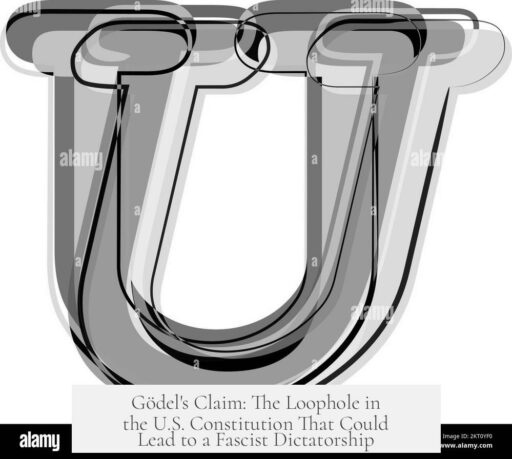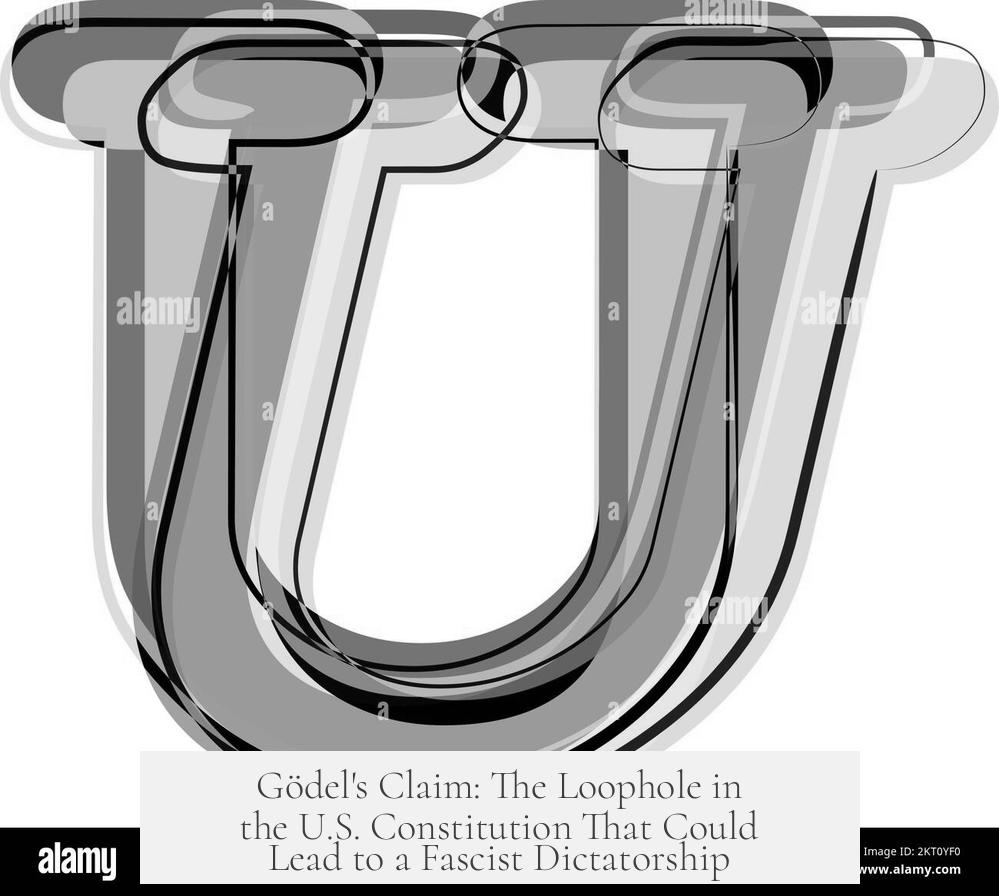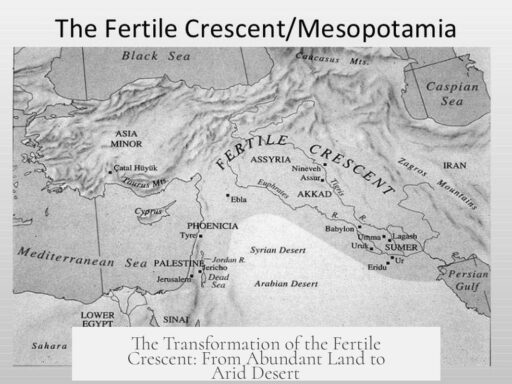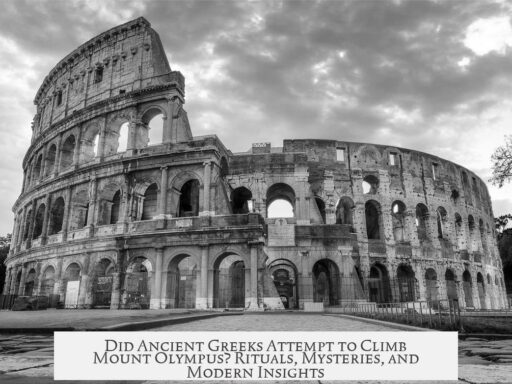Kurt Gödel identified a loophole in the U.S. Constitution related to its amendability, which he believed could allow a fascist dictatorship to develop legally within the United States. The Constitution lacks entrenched provisions that prevent changes to its amendment process or its fundamental structure, creating a pathway for autocratic rule through legal means.
Gödel’s key concern centers on the absence of anti-amendment rules. Most constitutional provisions can be changed, except for a few temporary entrenched parts, such as the original ban on slave importation and certain tax clauses in Section 9 of Article I. Aside from these, nothing is permanently safeguarded.
The U.S. Constitution’s Article V outlines the amendment process but does not forbid lowering amendment thresholds or altering the process itself. This flexibility means the rules that protect democratic governance could be weakened or abolished by future amendments. In Gödel’s view, this could enable a sequence of amendments reshaping the Constitution to support a fascist dictatorship legally.
For example, if requirements like ratification percentages or the number of states needed to propose amendments were reduced, major changes to the government structure could occur quickly. This includes the possibility of concentrating power in one branch, removing checks and balances, or expanding executive authority without proper oversight.
- Congress’s power to regulate commerce, though broad, cannot single-handedly establish a dictatorship because power remains distributed.
- The President’s authority as Commander in Chief does not suffice, since Congress controls military funding and declarations of war.
- Theoretically, Congress admitting many new states could alter amendment dynamics, but this remains speculative.
Gödel never publicly detailed his exact reasoning, but analysts agree the loophole lies in the Constitution’s flexibility to be amended extensively without entrenched safeguards against radical changes. This structural openness represents the vulnerability he warned about.
| Aspect | Loophole Concern |
|---|---|
| Lack of Entrenchment | Most provisions can be amended; temporary entrenchment only on specific clauses. |
| Amendment Procedures | Process for amendments not protected; can be changed to lower thresholds. |
| Potential Outcome | Legal pathway to reshape government toward dictatorship. |
- The U.S. Constitution does not fully protect against transformative amendments.
- Amendment processes themselves could be altered to facilitate authoritarian rule.
- Without entrenched anti-amendment measures, democratic structures could legally be dismantled.
What Was the Loophole in the U.S. Constitution That Kurt Gödel Claimed Could Allow a Fascist Dictatorship?

Simply put: Gödel saw that the U.S. Constitution, with its mostly unentrenched provisions and an amendable amendment process, could be legally twisted—step by step—into a fascist dictatorship if someone systematically exploited its flexible nature. That is the loophole he worried about: a legal, but dangerous, path to tyranny through amendment, not a sudden coup or an illegal grab for power.
Now, let’s dig into the details so this isn’t just a scary headline but a fascinating insight into constitutional design and political vulnerability.
The Constitution’s Flexible Backbone: Lack of Entrenchment
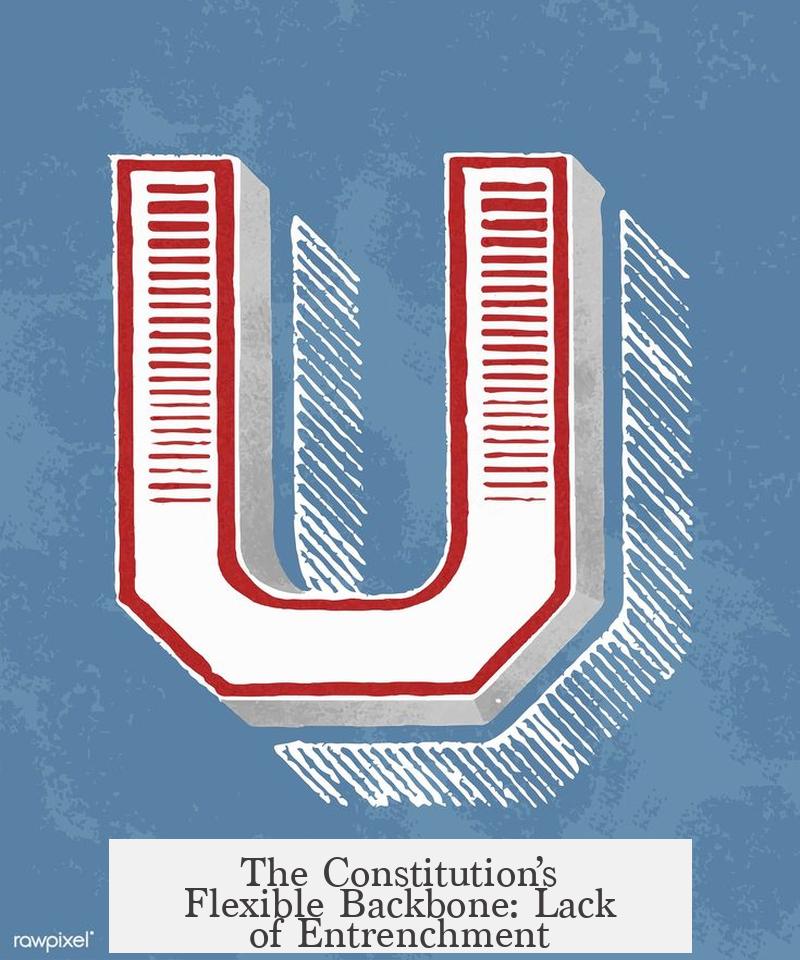
The U.S. Constitution is famous for being amendable. That’s a strength: America can adapt to changing times. But Gödel spotted a potential weakness here. Most parts of the Constitution are not “entrenched.” That means they don’t have permanent protections stopping amendments. Unlike laws that have ironclad or “no-change” clauses, almost everything in the U.S. Constitution can be amended.
Only a tiny handful of provisions have temporary entrenched protections. Section 9 of Article I forbids banning slave imports until 1808 (historical now), and a specific tax provision exists in the same section. These protections expired long ago, leaving the rest of the document open to change.
This flexibility might sound like a good design—until you realize it means fundamental principles can be wiped away.
The “Amend Everything” Possibility
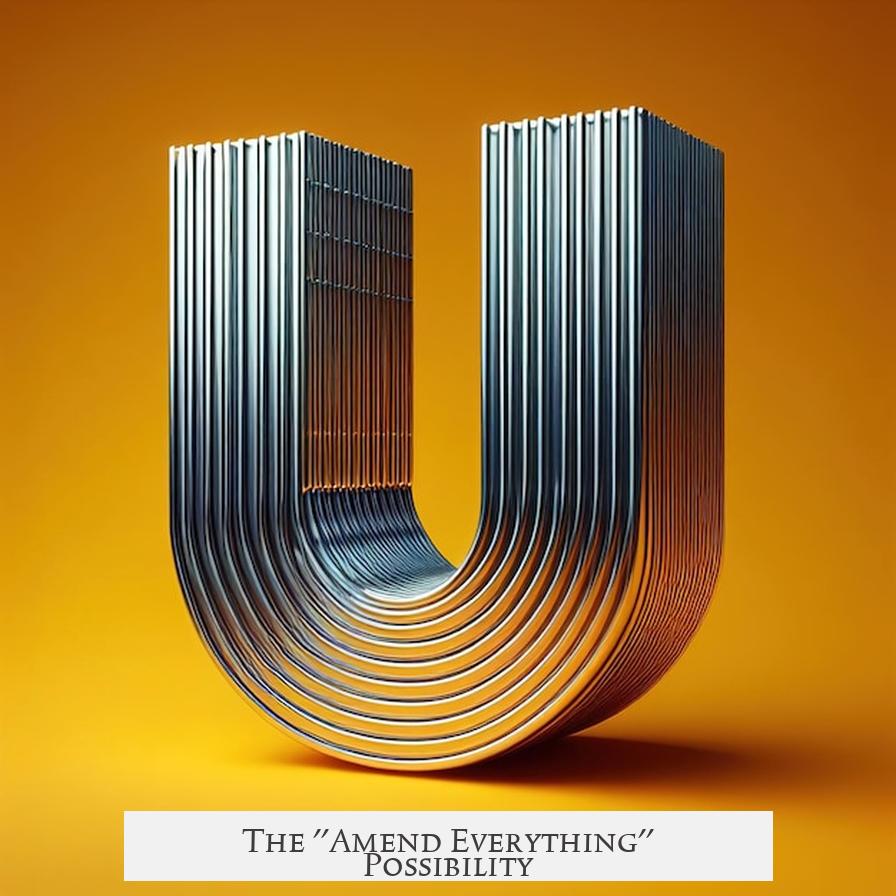
In theory, you could amend nearly every part of the Constitution, including core democratic principles. Gödel was likely concerned that this amendability means one could legally tweak the Constitution to eliminate democratic safeguards.
Even more disturbingly, the amendment process itself isn’t entrenched. The Constitution does not permanently fix how amendments are made. So, someone with political power could potentially lower the bar for amendments—making it easier and easier to change the document.
This gradual process might look like this:
- Lower required vote thresholds for constitutional amendments.
- Use lowered thresholds to pass amendments removing checks and balances.
- Allow government powers to centralize and authoritarian controls to creep in.
One amendment at a time, democracy could be unraveled legally.
Why Isn’t This More Discussed?
Oddly, Gödel never publicly detailed his thoughts. His exact reasoning remains speculative. Scholars pieced together what he might have meant based on his known concerns about logic and self-reference. The “loophole” may sound like science fiction, but it’s a real structural risk for any system highly amendable without safeguard entrenchment.
What About Other Possible “Dictator Loopholes”?
People sometimes guess other paths to dictatorship in the U.S. system:
- Expanding congressional power over commerce. This power is broad, but control would remain diffused across legislators, not centralized in one person, making dictatorship unlikely here.
- Presidential martial law powers. While the President is Commander in Chief, Congress controls military funding and declarations of war. So the president can’t act solo to seize full control.
- Adding new states to skew amendment votes. Populating the union with 150 new states to control the amendment process sounds wild—and is politically and logistically unfeasible.
These ideas provide interesting “loopholes” but don’t fully capture what Gödel hinted at.
The Real Threat: A Legal, Stepwise Conversion to Autocracy
Gödel’s worry lies in the legal system itself. If a faction wanted to enact a fascist-style dictatorship, why stage a violent coup that many would resist? Instead, they could cleverly use the Constitution’s amendability to slowly reshape the government.
By lowering the amendment hurdles, each new amendment chips away at democracy—weakening separation of powers, enabling unchecked executive control, eliminating free elections—and eventually creating a legal dictatorship.
This approach requires patience, planning, and power consolidation but stays inside the law—making resistance politically and legally difficult.
What Can We Learn From Gödel’s Loophole Today?
This insight highlights a sharp tradeoff in constitutional design between adaptability and protection. Too rigid means obsolete laws; too flexible means vulnerable to erosion from within.
Some modern constitutions include “eternity clauses” or “anti-amendment” rules that block changes to fundamental rights or democratic frameworks. The U.S. Constitution lacks such permanent barriers.
For constitutional scholars and citizens alike, Gödel’s concern invites questions such as:
- Should constitutional amendment rules themselves be entrenched?
- How do we guard democratic values without freezing needed reform?
- Can we spot early signs of slow constitutional erosion before it’s too late?
These aren’t just academic musings—they matter deeply in a world where democratic institutions face pressure.
Final Thoughts
Kurt Gödel’s constitutional loophole reminds us that democracy isn’t only threatened by violent revolution or tyranny from outside. Sometimes the dangers hide in the legal structure itself. The U.S. Constitution’s openness to amendment is a double-edged sword. Without safeguards, flexibility can become fragility.
So, next time you think the Constitution is a rock-solid fortress, remember Gödel’s warning: the only way to lose your freedom might be by changing the rules that guarantee it—legally, piece by piece.
References:
- Section 9 of Article I, U.S. Constitution
- Original linked paper referenced
- Reddit AskHistorians summary discussion
What specific loophole in the U.S. Constitution did Kurt Gödel point out?
Gödel identified that most of the Constitution’s provisions can be amended. There is no rule preventing changes to the amendment process itself. This means the Constitution could be altered to allow a dictatorship.
Why can this loophole enable a fascist dictatorship?
Since amendment rules can be changed, requirements for altering the Constitution could be weakened. This would let someone reshape the government into an autocracy through legal amendments.
Are all sections of the Constitution equally vulnerable to amendment?
No, only a few parts, like temporary bans on slave imports and specific tax rules, are entrenched. Nearly all other sections can be amended, making them vulnerable to changes.
Could other powers, like those of Congress or the President, create a dictatorship?
No. For example, Congress controls military funding and war declarations, limiting presidential power. Expanding congressional power alone won’t create a dictatorship because power is distributed.
Did Gödel fully explain this constitutional loophole?
Gödel never shared exact details. The idea comes from speculation about his logic and research. The loophole likely centers on the ease of amending the Constitution and amendment rules themselves.
